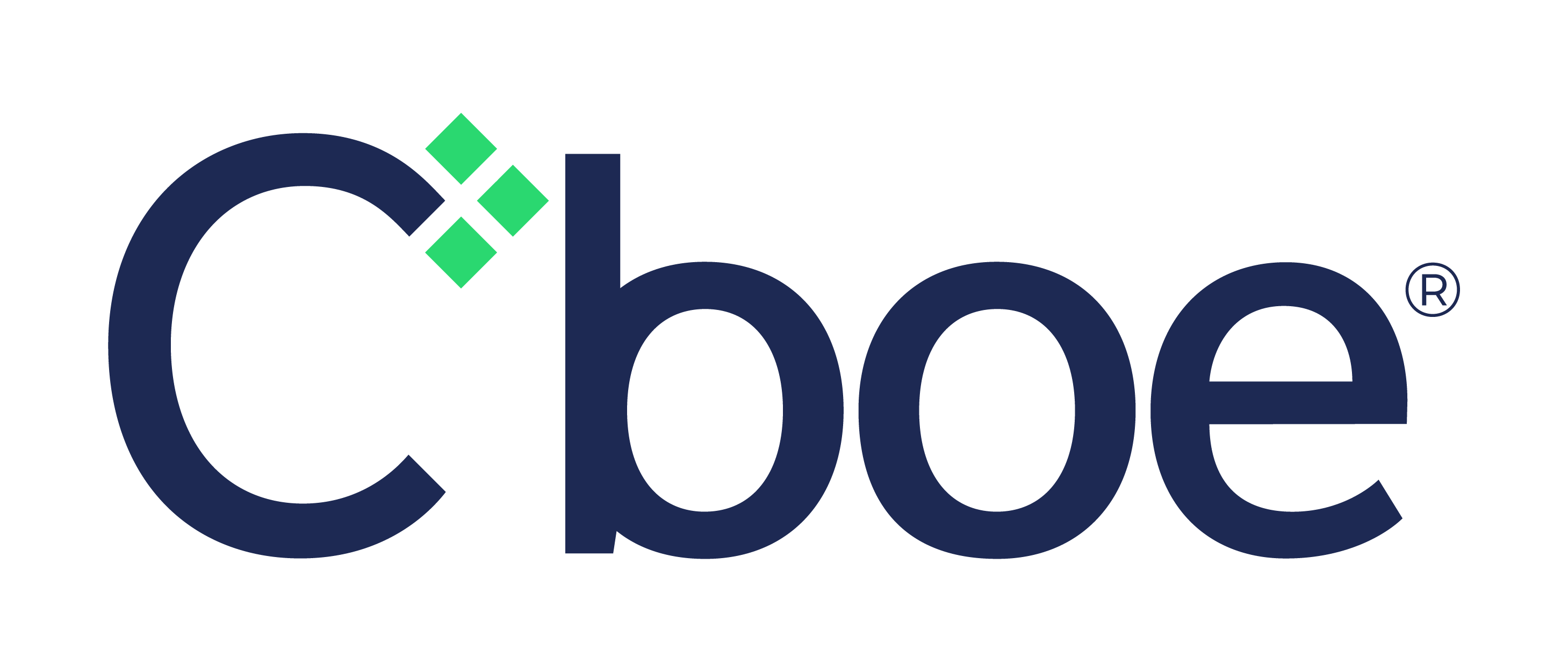Originally Posted 18 August, 2025 – Support for stocks builds despite mixed data

Key takeaways
Federal Reserve (Fed)
Will Fed Chair Jerome Powell signal a change in US monetary policy tack at the Jackson Hole Symposium?
UK economy
Markets received a mixed set of messages from UK data, but on balance the economy appears better than expected.
Earnings season
Corporate earnings are expected to grow faster, which may support further stock gains.
Investors may justifiably feel whipsawed by conflicting economic data. Earlier this month, the initial strength in US payrolls was significantly revised downward. Last week, US consumer inflation met expectations, only to be followed by a hotter-than-expected producer price report just two days later and then an upward revision to retail sales data on Friday. These apparent inconsistencies reflect a US economy that is reorienting itself in a new environment shaped by tariffs and less labor supply — which, as we’ve noted before, tend to come with a cost of slower growth and rising prices.
Importantly, the recent uptick in US prices is more likely to be interpreted by markets as an isolated shock rather than the onset of broad-based inflation. We’re watching inflation expectations closely. After the Producer Price Index (PPI) release, the 3-year breakeven inflation rate rose by two basis points but remains only slightly above 2.5%,1 a reassuring sign that long-term inflation expectations remain anchored.
The good news is that the global economy continues to show resilience. On balance, we interpret the current environment as one of remarkable economic and corporate resilience in the face of the changing global trade backdrop. Global companies, in aggregate, are showing themselves to be well positioned to cope with the current backdrop. Many are thriving and analysts are upgrading their earnings growth forecasts. This sets up the conditions for further strong performance in risk assets in 2025.
What will Fed Chair Jerome Powell say at Jackson Hole?
The Fed will meet this week for their annual Jackson Hole Economic Policy Symposium. This year’s theme is “Labor Markets in Transition: Demographics, Productivity, and Macroeconomic Policy.” As always, a very apt set of topics to be discussed. But the main focus for markets will be Fed Chair Jerome Powell’s comments. Historically, this meeting has been used to signal policy shifts. For example, last year Powell said that the “time has come for policy to adjust”2 — 100 basis points of cuts followed in the rest of 2024.
President Trump and US Treasury Secretary Scott Bessant are calling for a repeat of last year. While the market is currently fully pricing a 25-basis point rate cut in September, we would urge market participants to be mindful that the incoming data has been very mixed. Contrary to Bessant’s suggestion that “any model”3 suggests rates should be around 150 basis points lower than they are now, most models, such as the Taylor Rule, suggest base rates are about right. Some specifications suggest rates should be higher.
While much of the commentary around last week’s Consumer Price Index (CPI) data emphasized the moderate passthrough from tariffs, it was the supercore services CPI figure — which excludes food, energy, and housing costs — that caught our eye. At 0.48% month-over-month,4 it was the highest reading since January and suggests that inflationary pressures are elevated in areas that the Fed would have trouble passing off as “one-off tariff effects.” Friday’s PPI services data confirmed that concern; it rose by 1.1% month-over-month.5
July retail sales data for the US, released Friday, showed a solid 0.5% month-over-month increase, while June’s figure was revised to 0.9% from 0.6%. This data confirms comments from banks and payment providers6 during the second-quarter earnings season that the US consumer still appears happy to spend.
Recent labor market data meant the case for the Fed putting in some insurance cuts is a valid and compelling one, but the latest inflation data provided reasons to think Powell will reaffirm the Federal Open Market Committee’s biases to wait for more clarity in the data.
UK economy isn’t as weak as feared
UK gross domestic product (GDP) and labor market data released last week sent some mixed signals too, but on balance point to an economy that’s in a better place than many feared. According to data from the Office of National Statistics, the UK economy grew by 0.3% in the second quarter, or 1.4% year-over-year, as of August 14, 2025. Net exports were a large contributor to growth in the first quarter as US demand for UK exports rose ahead of tariffs. While we might have expected some drag in the second quarter, net exports remained a small net positive contributor to growth.
Official labor market data showed fewer workers again in July, but the pace of contraction in the labor market slowed. Companies have slowed their hiring significantly in response to the national insurance increase earlier this year, but so far are not laying off people to any great degree.
Mortgage rates are falling and are nearing the point where the balance of refinancing should no longer squeeze most households. UK households still have plenty of savings and therefore may be expected to increase their spending later this year.
In sum, the UK economy has likely hit its lowest point and could show further improvement through the remainder of the year, in our view.
Earnings outlook is improving — mostly
Second-quarter earnings season is nearing its end, and many companies have beaten consensus growth forecasts. They’re now being rewarded by analysts with upward revisions to their future growth forecasts. US companies, especially in the financials and tech sectors, are seeing the bulk of the earnings upgrades. Earnings expectations for energy companies, however, have been revised lower because of lower oil prices. Call us old fashioned, but it’s our opinion that it’s earnings that ultimately drive stock markets. If those forecasts are being revised in the right direction, we expect that will lend support for further stock market gains this year.
What to watch this week
| Date | Country | Economic release or event | Importance |
|---|---|---|---|
| Aug. 19 | Canada | Consumer Price Index (CPI) | Indicates inflation trends and influences Bank of Canada interest rate decisions |
| Aug. 20 | China | People’s Bank of China Interest Rate Decision | Impacts Asia monetary policy and financial market volatility |
| New Zealand | Reserve Bank of New Zealand interest rate decision | Signals monetary policy direction and affects New Zealand dollar value | |
| UK | Consumer Price Index (CPI) | Measures inflation and affects Bank of England policy decisions. | |
| US | Federal Reserve Meeting Minutes (July) | Provides insights into Fed’s policy stance and future rate changes | |
| Aug. 21–22 | US | Jackson Hole Economic Policy Symposium | Key central bank event where Fed Chair discusses monetary policy outlook |
| Aug. 21 | Germany, eurozone, UK, US | Preliminary Purchasing Managers’ Indexes (PMI) | Early indicators of economic health in manufacturing and services sectors |
| Aug. 22 | UK | Retail sales | Reflects consumer spending trends and economic momentum |
https://resources.digital-cloud-west.medallia.com/md-form/website/1.20.4/index.html?formId=12629&type=live&isMobile=false&referrer=https%3A%2F%2Fwww.invesco.com%2Fus%2Fen%2Finsights%2Fstocks-mixed-data.html®ion=digital-cloud-west&displayType=embedded&isSeparateFormTemplateFromData=true&domainsListRelativePath=..%7C..%7C..%7Cwdcwest%2F42881%2Fonsite
Disclosure: Invesco US
This does not constitute a recommendation of any investment strategy or product for a particular investor. Investors should consult a financial advisor/financial consultant before making any investment decisions. Invesco does not provide tax advice. The tax information contained herein is general and is not exhaustive by nature. Federal and state tax laws are complex and constantly changing. Investors should always consult their own legal or tax professional for information concerning their individual situation. The opinions expressed are those of the authors, are based on current market conditions and are subject to change without notice. These opinions may differ from those of other Invesco investment professionals.
NOT FDIC INSURED
MAY LOSE VALUE
NO BANK GUARANTEE
All data provided by Invesco unless otherwise noted.
Invesco Distributors, Inc. is the US distributor for Invesco Ltd.’s Retail Products and Collective Trust Funds. Institutional Separate Accounts and Separately Managed Accounts are offered by affiliated investment advisers, which provide investment advisory services and do not sell securities. These firms, like Invesco Distributors, Inc., are indirect, wholly owned subsidiaries of Invesco Ltd.
©2024 Invesco Ltd. All rights reserved.
Disclosure: Interactive Brokers Third Party
Information posted on IBKR Campus that is provided by third-parties does NOT constitute a recommendation that you should contract for the services of that third party. Third-party participants who contribute to IBKR Campus are independent of Interactive Brokers and Interactive Brokers does not make any representations or warranties concerning the services offered, their past or future performance, or the accuracy of the information provided by the third party. Past performance is no guarantee of future results.
This material is from Invesco US and is being posted with its permission. The views expressed in this material are solely those of the author and/or Invesco US and Interactive Brokers is not endorsing or recommending any investment or trading discussed in the material. This material is not and should not be construed as an offer to buy or sell any security. It should not be construed as research or investment advice or a recommendation to buy, sell or hold any security or commodity. This material does not and is not intended to take into account the particular financial conditions, investment objectives or requirements of individual customers. Before acting on this material, you should consider whether it is suitable for your particular circumstances and, as necessary, seek professional advice.
Disclosure: Futures Trading
Futures are not suitable for all investors. The amount you may lose may be greater than your initial investment. Before trading futures, please read the CFTC Risk Disclosure. A copy and additional information are available at the Warnings and Disclosures section of your local Interactive Brokers website.
Disclosure: ETFs
Any discussion or mention of an ETF is not to be construed as recommendation, promotion or solicitation. All investors should review and consider associated investment risks, charges and expenses of the investment company or fund prior to investing. Before acting on this material, you should consider whether it is suitable for your particular circumstances and, as necessary, seek professional advice.


















Join The Conversation
If you have a general question, it may already be covered in our FAQs page. go to: IBKR Ireland FAQs or IBKR U.K. FAQs. If you have an account-specific question or concern, please reach out to Client Services: IBKR Ireland or IBKR U.K..
Visit IBKR U.K. Open an IBKR U.K. Account